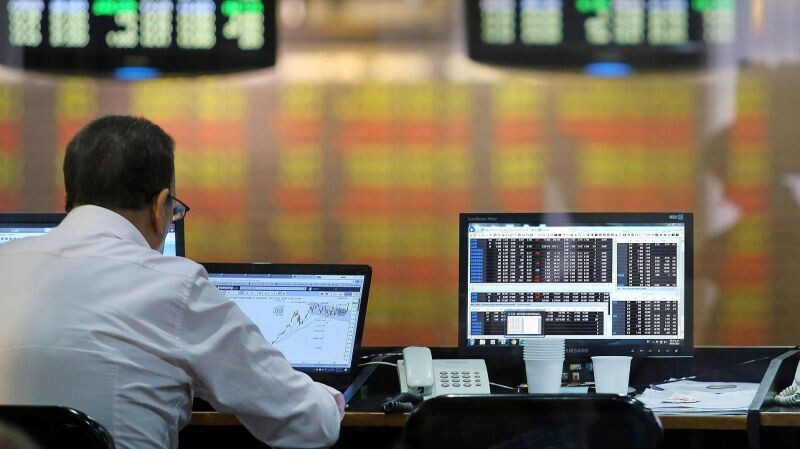
The rotation from the United States towards Germany and China is happening violently and eloquently. Factors such as the delay in an agreement with the IMF, the proximity of an election, and the position of the U.S. president have negatively impacted the Merval. We may need to wait for the elections to pass for the Argentine market to attempt to regain its appeal.
It is relevant to observe the market's reaction to the mega fiscal package announced by Germany, which has generated a strong rotation against U.S. stocks in favor of the German and Chinese stock markets. Despite the positive fundamentals of the libertarian government, the massive sell-off decided by Wall Street has affected the Argentine stock market in 2025.
The North American economy faces a cooling that is influencing the global dynamic. Although recessions are usually unwelcome by any president, the current economic weakness could be beneficial for the Republican administration in terms of calming rates and refinancing debt.
The performance of the Argentine stock market has been negative compared to other emerging countries like Mexico, Brazil, Chile, and China so far this year. The decline in Argentine ADRs and indexes like the QQQ contrasts with the rebound of German and Chinese stocks.
Since the beginning of 2022, the market rotation has favored Europe and emerging markets over the United States. There is the possibility of an 'endogenous' economic cooling strategy by the Republican administration to later stimulate a strong rebound. This narrative contrasts with the widespread perception of economic slowdown promoted by certain media sectors.
The contraction of public employment being carried out is contributing to an internal slowdown that seeks to calm the interest rate curve, despite involving significant cuts in public employment. This scenario seems to point to a Keynesian approach with greater indebtedness and nominal liquidation.














